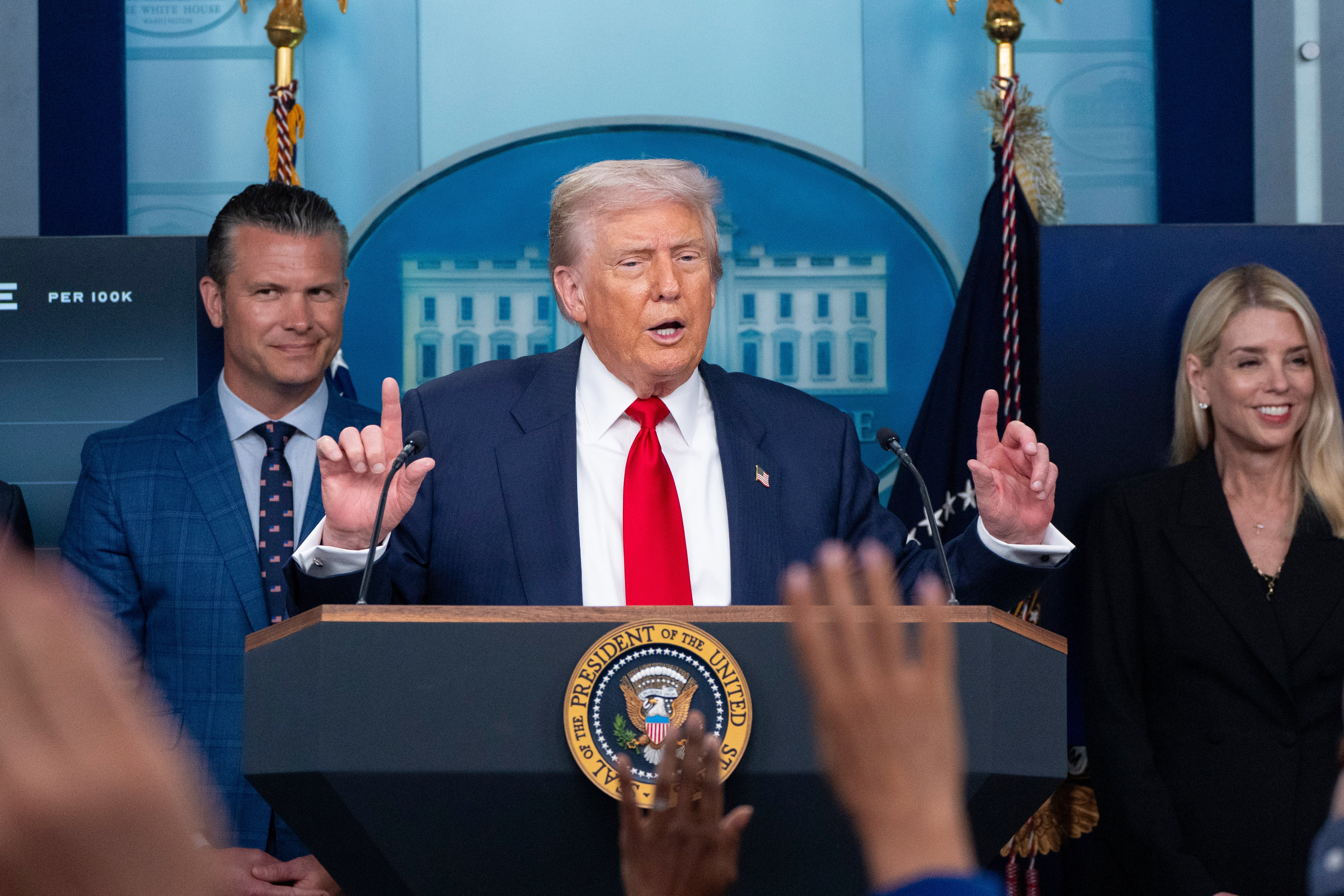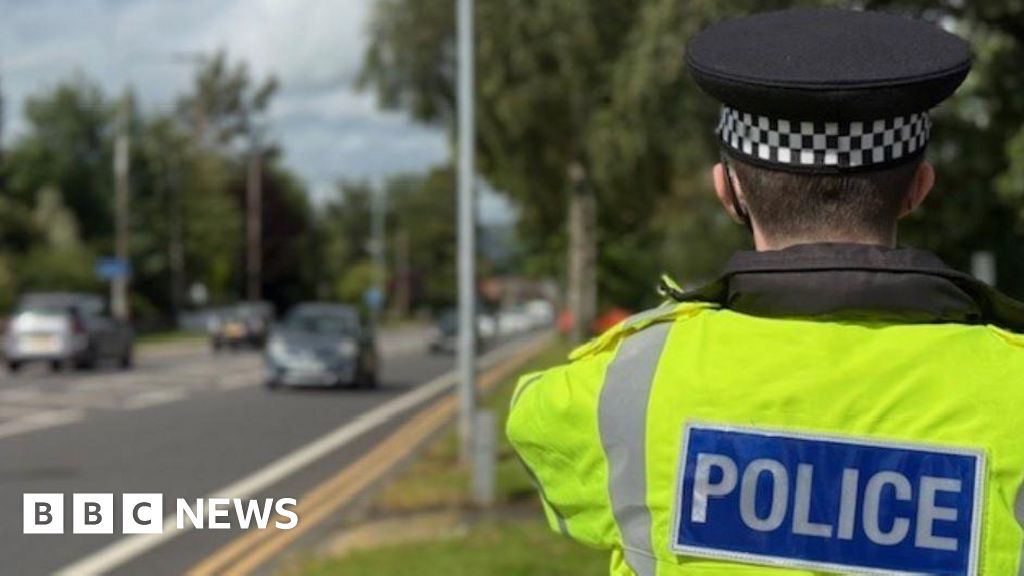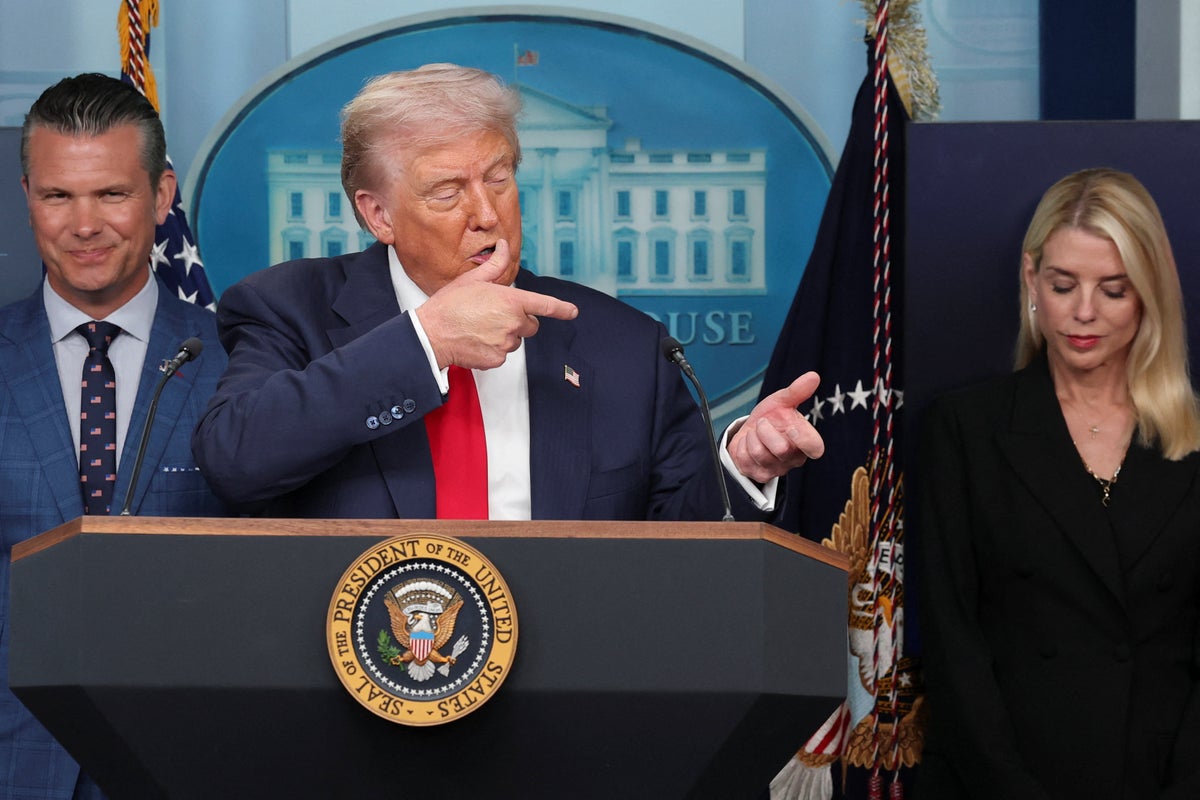Trump made a much-teased announcement on Monday that he would invoke a never-before-used presidential authority to seize control of Washington, D.C.’s police department from local control to his Attorney General Pam Bondi.
The president also announced he would deploy the National Guard on the streets of the nation’s capital as a plan to “rescue” the city from rampant crime, despite the fact that crime dropped in Washington by 35 percent last year after it spiked during the Covid-19 pandemic.
Trump had teased a federal takeover of Washington and has decried homelessness and graffiti in the city. Republicans have encroached on Washington, D.C’s home rule for decades. The fact it is a majority Black city with a Black political establishment has also made it easy to attack the same way Trump has attacked Baltimore and other cities run by Black mayors.

Of course, this is not the first time that Trump has taken control of a major American city. Earlier this year, after protests against raids by Immigration and Customs Enforcement, Trump deployed the National Guard and Marines to Los Angeles without the consent of the governor of California or the city’s mayor.
Trump may be hoping his actions will boost his approval ratings, which have been sagging in recent months. But a simple look at the numbers shows that it might backfire precipitously.
First, let’s get to the kernel of truth in Trump’s idea. Voters in Democratic cities did vote against their leaders partially because of crime. New York City elected Eric Adams, a former police officer, as mayor in 2021. Voters in San Francisco kicked out mayor London Breed and voters in Los Angeles and Alameda beat back progressive prosecutors for lax policies toward crime.
While almost no Democratic presidential candidate has supported defunding the police it became a tagline for Republicans use to hit at Democrats.
That being said, it’s fairly clear that Trump’s approval ratings took a hit after he dispatched troops and the National Guard to Los Angeles.
When Trump first came into office this year, and even after he began his tariff regime, Americans continued to support him on immigration. In February, according to an Economist/YouGov poll, he only cracked 50 percent approval on immigration.
That number began to dip in April, after Trump sent Kilmar Abrego Garcia, the immigrant based in Maryland, to El Salvador. In April, Trump’s approval number on immigration went to 45 percent. But by May, the same poll showed his approval on immigration started to rebound to 48 percent.
That would go “poof” in June once Trump began to send troops to Los Angeles. By the middle of June, a plurality of Americans thought that his response to the anti-ICE protests was too aggressive and 52 percent disapproved of his policies on immigration. By the end of June, 50 percent of Americans opposed Trump’s policies on immigration. and his number has stubbornly stayed there.
Not only that, as The Independent reported last month, polling from CBS News and CNN bore that out as well. The CNN poll also found that 59 percent of Americans opposed the deployment of National Guard troops without the consent of the governor and 55 percent of respondents said it was justified.
While much of the attention when it comes to Trump’s approval tends to focus on Jeffrey Epstein, it’s clear that his approval began to collapse long before that scandal, when he began to deploy troops into the second-largest city in the United States.
Trump may be trying to bait protesters by having troops roving throughout Washington in hopes that it will create the type of unrest that happened in 2020 and in Los Angeles.
But the numbers show he might come to regret that. Voters may not like disorder and crime but they dislike overzealous responses from the government even more.



